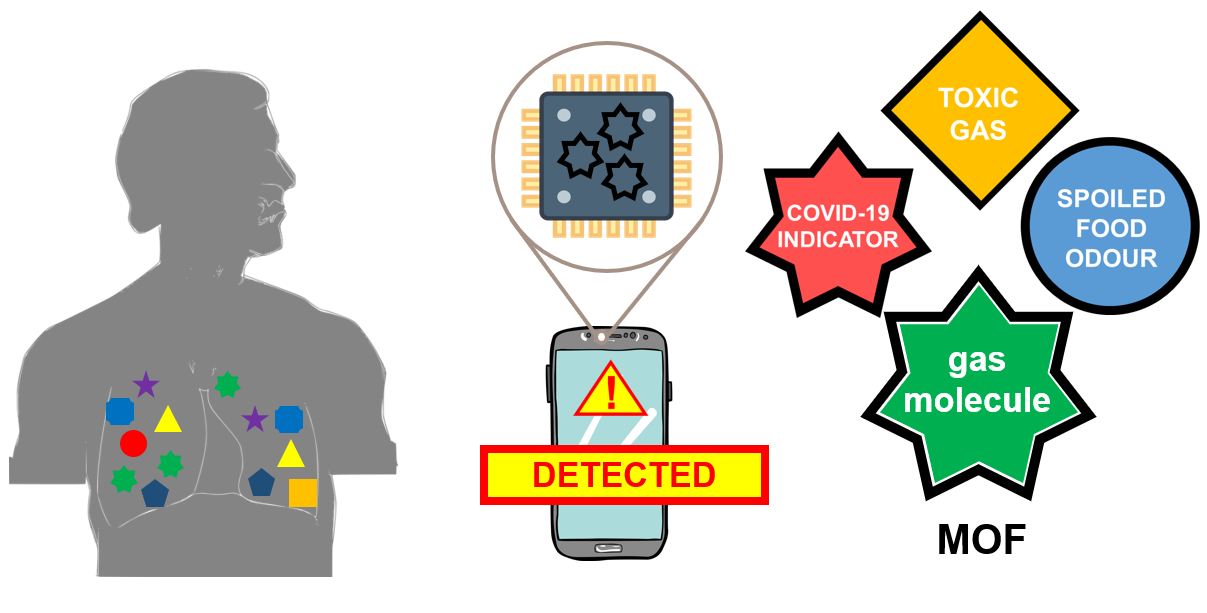When we think of alpacas, the first things that pop up in our minds may be holiday farms or alpaca fleece. However, if you ask a biomedical scientist, they may have thought of nanobody, fragment of a special type of antibody...
Before we delve into the complexities of blood tests and DNA analyses to identify who we are, society has already made a simple yet straightforward method that we always see in movies and when we are crossing the border: our fingerprints which are also known as "friction ridge skin". Just like our faces, fingerprints are key to our individuality and identity. But have you ever wondered why each of us has unique fingerprints?...
Consciousness is at the heart of our every experience but still poorly understood scientifically. New research offers insights into how weak and ambiguous stimuli can be consciously perceived through repetition and offers evidence for a new type of memory—a subliminal sensory buffer store (SSBS)—which has been predicted by one of the leading theories of consciousness. Experimental data also shows that visual masking, a widely used technique in psychology and neuroscience, does not erase or overwrite information as was previously thought but merely limits conscious access to it. These findings have a profound impact on consciousness studies and cognitive science in general...
Cancer is one of the leading causes of death. One in four people will suffer from cancer in their life time. Many cancers are asymptomatic in early stage. When patients are diagnosed with cancer, they are often in advanced stages, leading to a poorer survival. The key to conquer the disease is to detect cancer at its early stage. Traditionally, cancer diagnosis relies on invasive methods such as tissue biopsy, which can cause complications such as pain, infections and injuries to surrounding organs. As such, there has been an increasing interest in the development of non-invasive methods for cancer testing. This emerging field is called 'liquid biopsy'...
A dog's nose is regarded as one of the most powerful sensors that exist. Trained canines are even able to detect various clinical conditions, such as spikes in blood sugar and cholesterol levels, by sniffing the affected person. For routine clinical examinations, we would need a more practical and cost-effective way to "sniff". For my PhD project, my research was centered on developing a new method of integrating a 'dog's nose'-like system in our everyday device, using a material called metal-organic frameworks...
After three years of living with masks and travel restrictions, most COVID-related restriction policies were lifted in March, 2023. While the mood of citizens in Hong Kong is boosted, there are rising number of COVID and influenza cases. Scientists round the globe have been surveilling the evolution of SARS-CoV-2 and there are reports of constant mutation of the virus, together with report of declining antibody level in the blood, one question, thus, was raised: Should we get annual SARS-CoV-2 vaccine booster...
Cancer is a major global health problem. According to the World Health Organisation (WHO), there was an estimated 19.3 million new cancer cases and 10 million cancer-related deaths worldwide in 2020, representing an increase of 28% in the global cancer burden since 2010 (WHO, 2020). One of the main challenges in cancer treatment is late diagnosis and its consequential negative impact on patient outcomes. According to the American Cancer Society, the 5-year survival rate for breast cancer is 90% when detected at an early stage, compared to 15% when detected at a late stage (American Cancer Society, n.d.)....
Have you ever doubted how the agricultural supply manages to feed the exponentially growing world population? One of the keys is to provide nitrogen, an essential nutrient for good yields, through the use of nitrogenous fertilizers. The question then becomes: Where does all that nitrogen come from?....









